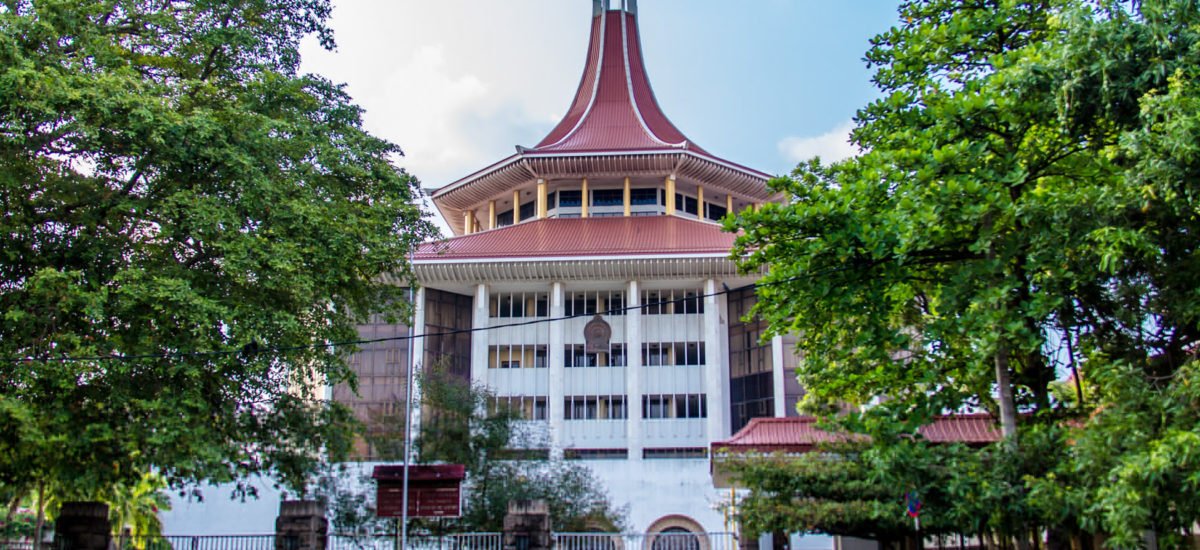
News Today: Supreme Court ruling on 2022 State of Emergency in Sri Lanka reinforces civil liberties and constitutional safeguards.
In a landmark ruling, the Supreme Court of Sri Lanka has declared that former Acting President Ranil Wickremesinghe’s 2022 State of Emergency proclamation was a violation of the fundamental rights of the people, as guaranteed under Article 12(1) of the Constitution.
This decision stems from five fundamental rights petitions filed by civil society leaders, including Ambika Satkunanathan (former Human Rights Commissioner), Namini Panditha and Rusiru Egodage (Liberal Youth Movement), the Centre for Policy Alternatives (CPA), and Dr. Paikiasothy Saravanamuttu.
The ruling focused on the State of Emergency declared on July 17, 2022, and the Emergency Regulations that followed. The majority opinion, delivered by Justice Yasantha Kodagoda and agreed to by Chief Justice Murdu Fernando, held that both the proclamation and the regulations were null and void, while Justice Arjuna Obeyesekere dissented, upholding the legality of the measures.
Justice Kodagoda emphasized that the regulations were overbroad, vague, and drafted in a stereotypical and arbitrary manner. He ruled that the regulations infringed upon constitutional rights and failed to meet the standards for limiting rights as specified in Article 15 of the Constitution.
The Court further directed the Attorney General to prepare a comprehensive legal advisory, incorporating the ruling’s principles, and submit it to the President’s Office within three months for consideration.
Petitioner Ambika Satkunanathan argued that the Emergency (Miscellaneous Provisions and Powers) Regulations No.1 of 2022 imposed disproportionate restrictions on freedom of speech, association, assembly, and movement. She stated the regulations enabled:
-
Excessive search, arrest, and detention powers
-
Detention without judicial oversight
-
Suppression of freedom of expression and peaceful protest
-
Disproportionate penalties and restrictions on bail
Specific articles of the Constitution claimed to be violated include Articles 10, 11, 12(1), 12(2), 13(1)-(5), 14A, 14(1)(a)-(h).
Respondents named included the Attorney General, former Secretary to the President Gamini Senarath, Presidential Secretary Saman Ekanayake, and former Defence Secretary Gen. (Retd) Kamal Gunaratne.
This judgment is being hailed by rights groups as a major win for constitutional democracy and civil liberties in Sri Lanka.




Leave A Comment